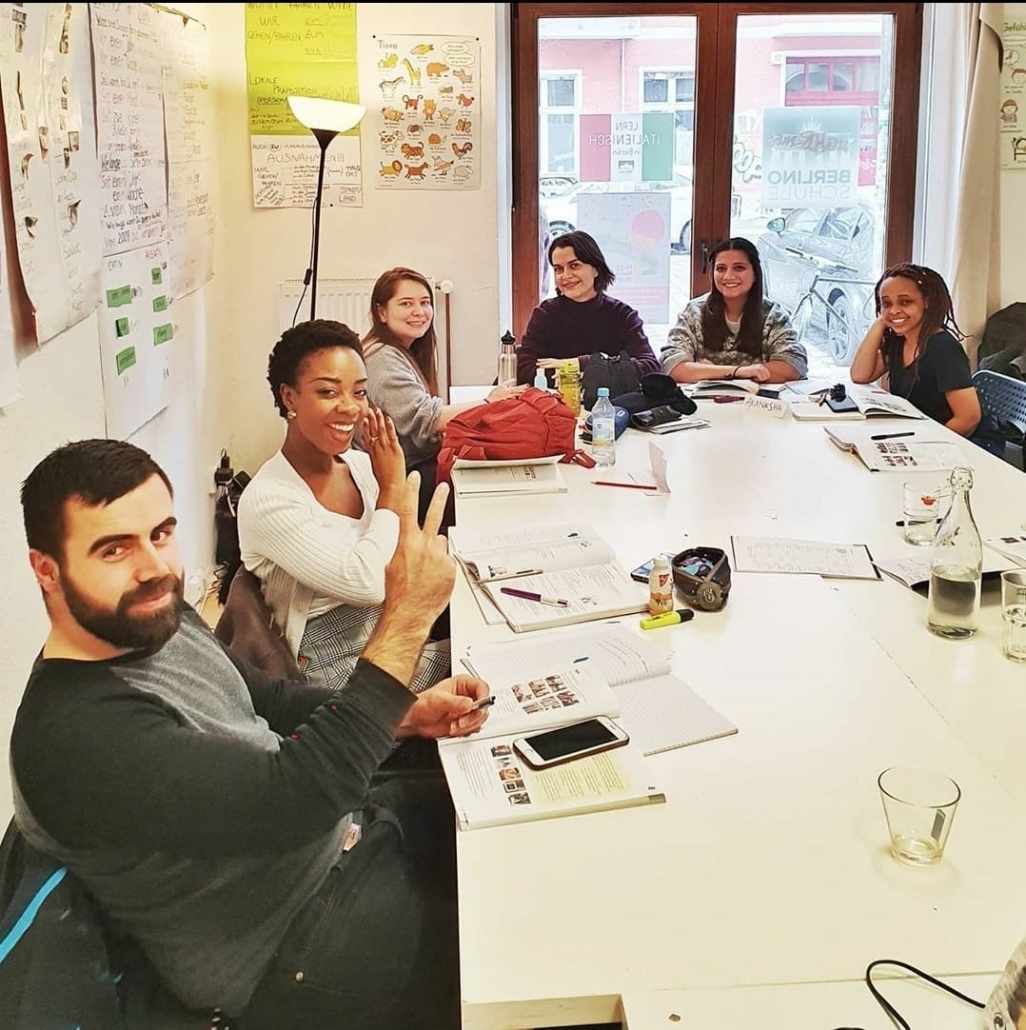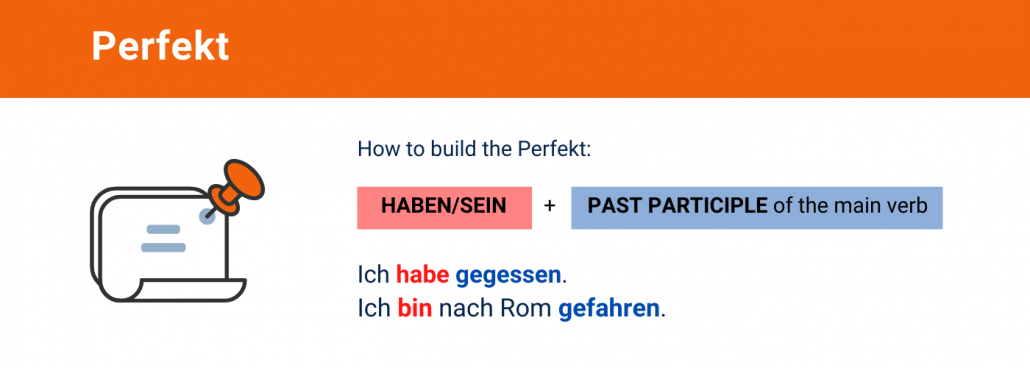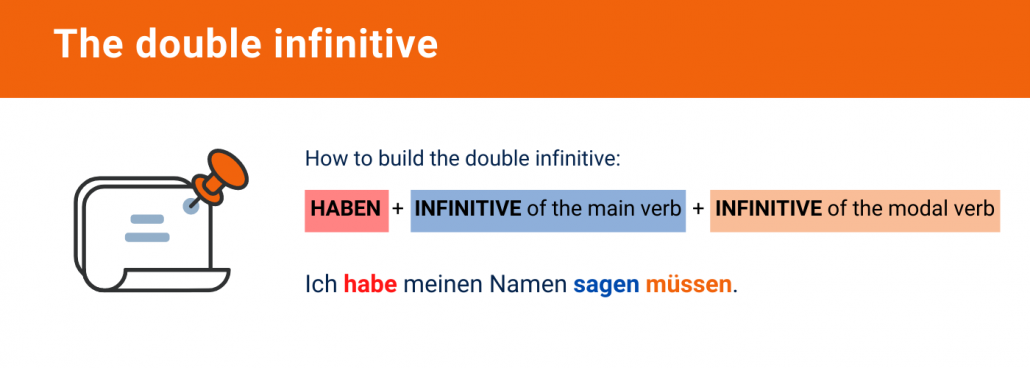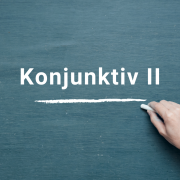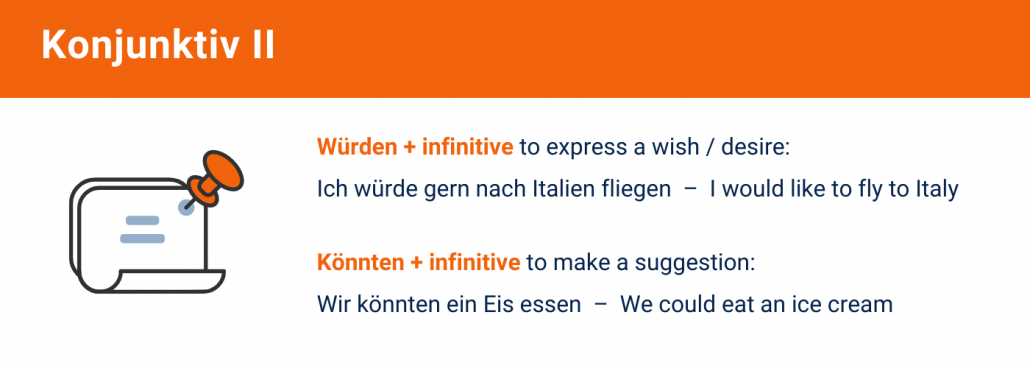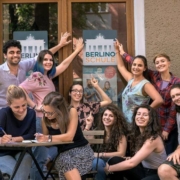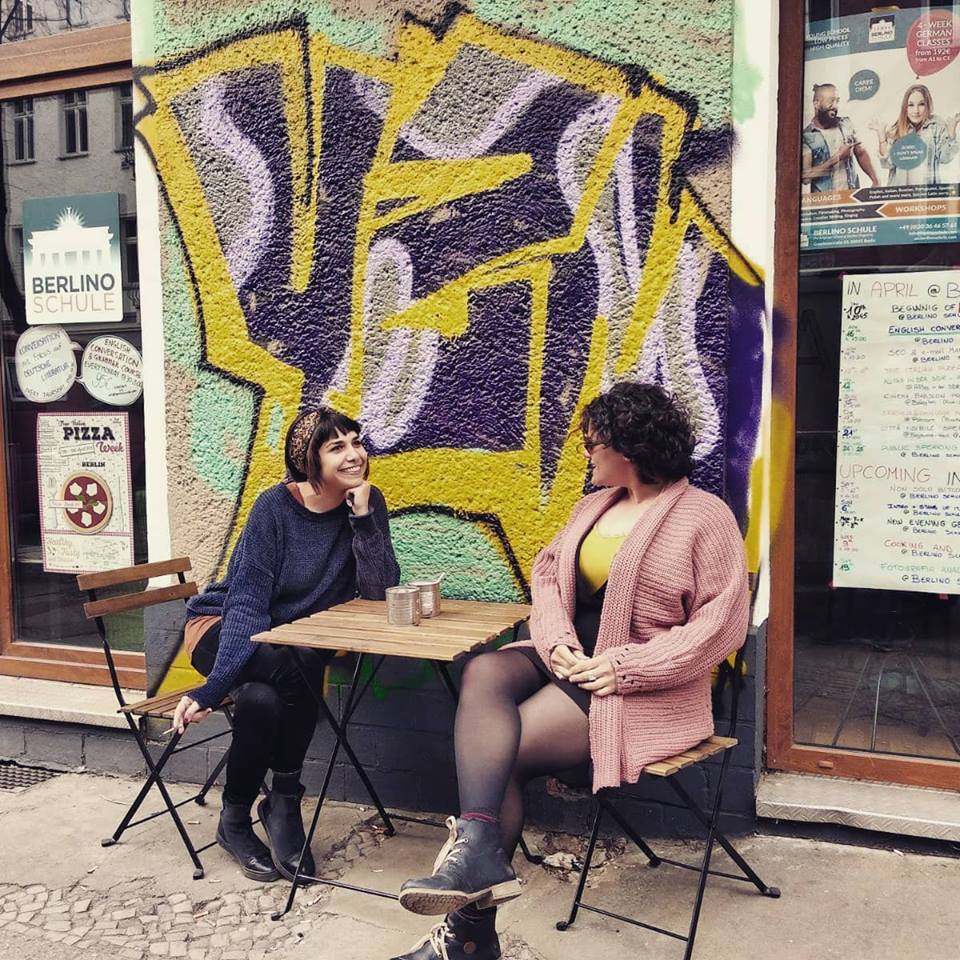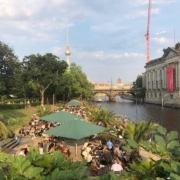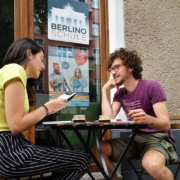Business German advanced online – only 132 €
Do you work in a company with German customers? You own a company and would like to expand into the German market? Are you a trader or a manager and want to increase sales and turnover? Then you must know Business German. Here is Berlino Schule’s online offer.
The advanced Business German course is tailored to employees or employers, traders, vendors, suppliers or managers who want to learn how to write a good e-mail in German, how to communicate correctly with the German customer or how to promote their product or service in order to increase sales and turnover. The minimum level required to attend this course is the B1.1. It takes place online on zoom and consist of 6 meetings of 1 ½ hours on Mondays from the 28th of June until the 2nd of August for 6 weeks. The cost is 132 €. Max. 10 people per course. If you want to enroll please write an email al: info@berlinoschule.com.
Berlino Schule, well known for its Google (4.9/5) and Facebook (5/5) high ratings and positive reviews, this month is giving you the chance to learn comfortably from your couch.
You have a good idea but you cannot negotiate better, you would like to get a discount but you are not convincing when expressing yourself in German. How would you say: I can only give you a 10% discount, or unfortunately we have to reject your proposal. In this course you will learn all the key phrases you need in following fields:
The topics of the course Business German advanced
- complaint
- delay in delivery
- request
- order
- offer
- late payment
- the promotional letter
- money transactions (the bank, credit information, the stock exchange)
What you will learn in the course Business German advanced
How to..
- negotiate
- promote a product
- present a project
- read an order
- draw up an offer
- write an email with the right courtesy formulas
- explain the shipping conditions of the goods
- explain the payment methods
The structure of the course Business German advanced
Each lesson (1 ½ hours) is divided into 4 parts: listening, reading comprehension, writing, and speaking. You will deepen all four skills by reading technical texts (such as credit notes, promotional emails, advertisements, orders, offers, shipping notes). For each text we will examine the main expressions, idioms, words used and recurring grammatical structures. Moreover you will then test yourself in the breakout rooms, where you will be divided into pairs or small groups and you will try to promote a product, sell it, ask for a discount, trying to use all the expressions and words learned in class. This is a comprehensive and highly interactive course.
The dates of the course Business German advanced
Every Monday: June 28 / August 2nd – for 6 weeks. 1 and a half hour from 19.00 to 20.30. Price 132 €. Max 10 people. It’s a recommended course for people with the following German level: B1.1, B1.2, B2.1, B2.2, C1.1, C1.2.
Upcoming dates of the course
- Monday, 16 August – 20 September – 19.30 / 20.30 – 6 weeks – 132 € – from level B1.1
- Monday, 20 September – 25 October – 19.30 / 20.30 – 6 weeks – 132 € – from level B1.1
- Monday, 1 November – 6 December – 19.30 / 20.30 – 6 weeks – 132 € – from level B1.1
- Monday, 13 December – 17January – 19.30 / 20.30 – 6 weeks – 132 € – from level B1.1
The cost & how to reserve a spot for the course Business German advanced
The course costs 132€. You can reserve your spot by writing an email to info@berlinoschule.com.
Not only Business German advanced but also basic business German
Do you think the Advanced Business German course is a step too far? Then take a look at our basic business German course. Every Wednesday, 1 and a half hour from 19.00 to 20.30. Price 108 €. Max 10 people. It’s a recommended course for people with the following German level: B1.1, B1.2, B2.1, B2.2. Click here for more infos.
Not only Business German
Are you interested in a more general German course? Take a look at our offer of intensive courses in the morning, afternoon or evening and reserve your spot by writing an email to info@berlinoschule.com.
Make the best out of your free time at home and learn or improve your German with one of the best language schools in Berlin. Berlino Schule, well known for its Google (4.9/5) and Facebook (5/5) high ratings and positive reviews, this month is giving you the chance to learn comfortably from your couch. Since the very beginning, the school has been working with proper classes based in Berlin and on Skype, helping hundreds of people to make their first steps into the German working scene. But German isn’t useful only abroad. Even in your own country, learning German can give a kick to your personal and professional life.
At a low price of €192 + 20 € (registration fee will be charged once, when you first enroll at Berlino Schule), you will have the chance to follow a 48 hrs course and a semi-language level (by semi-language level we mean A1.1, A1.2, A2.1 and so on). Berlino Schule offers also onsite classes in its school in Berlin (Gryphiusstr. 23). In case you are interested to the onsite classes click here.


 Pixabay
Pixabay
